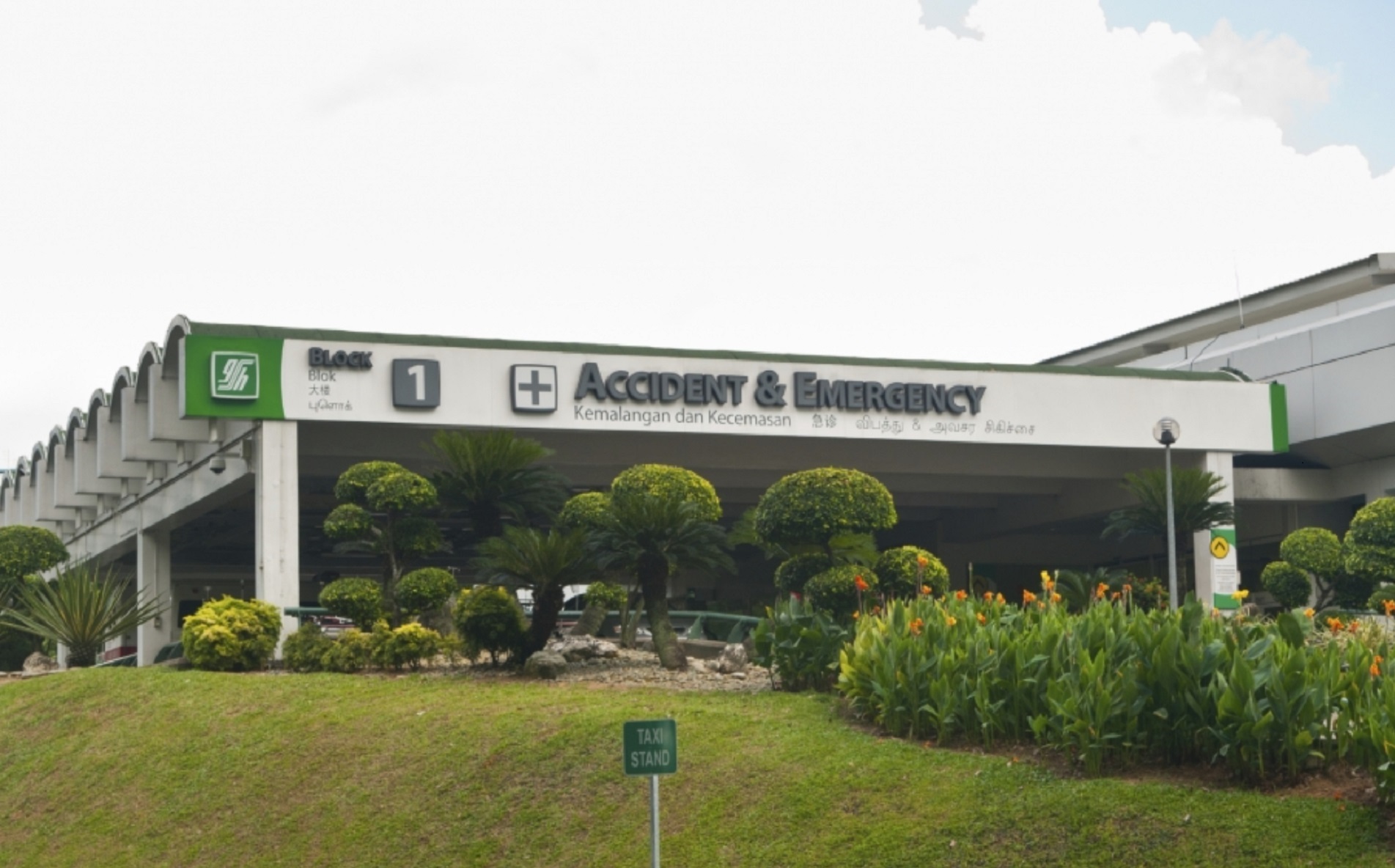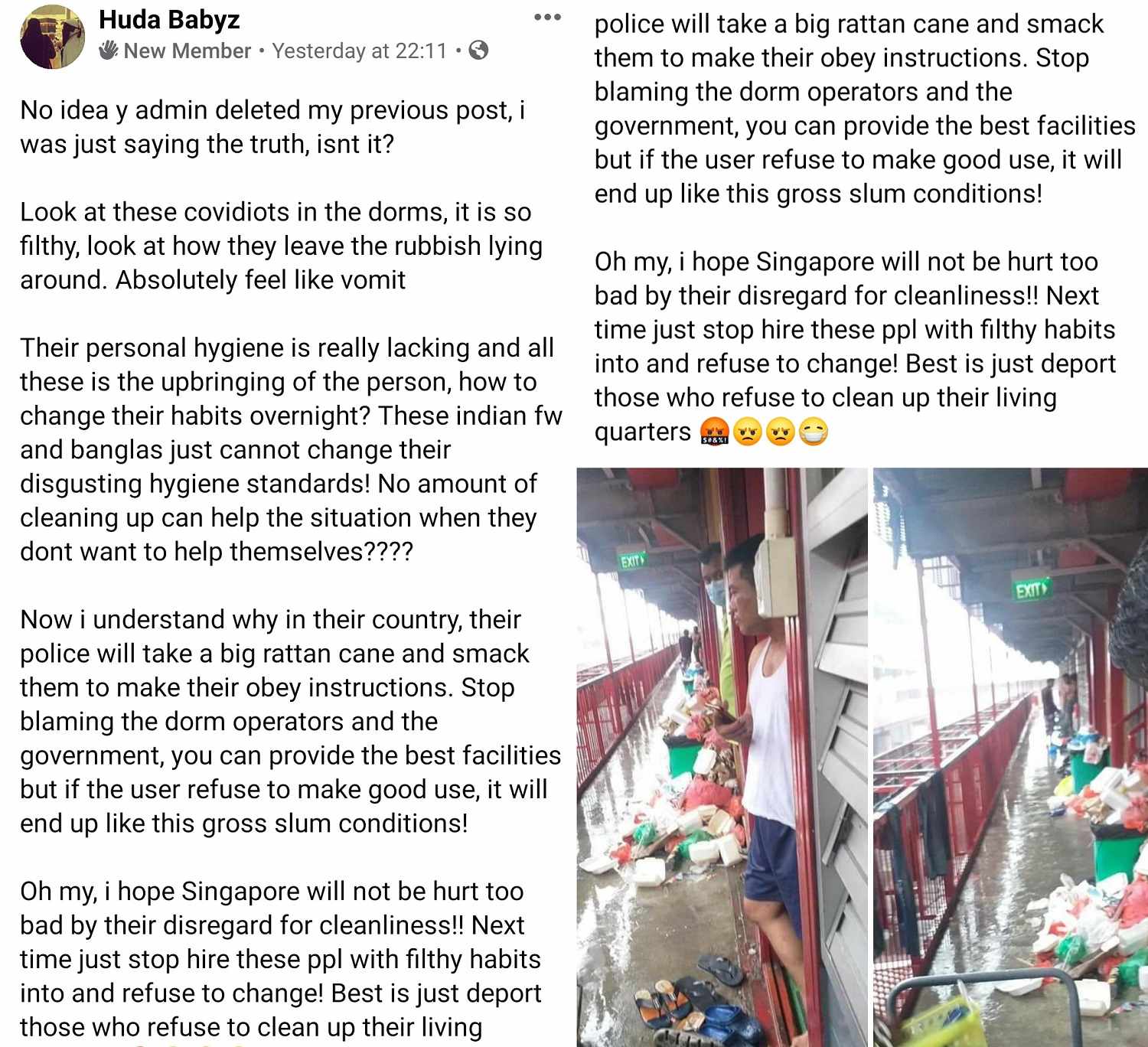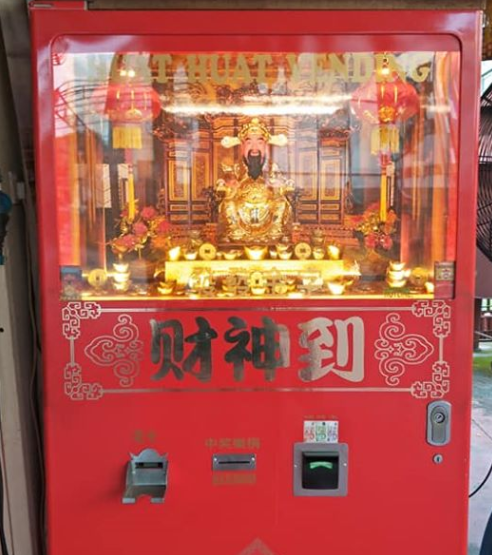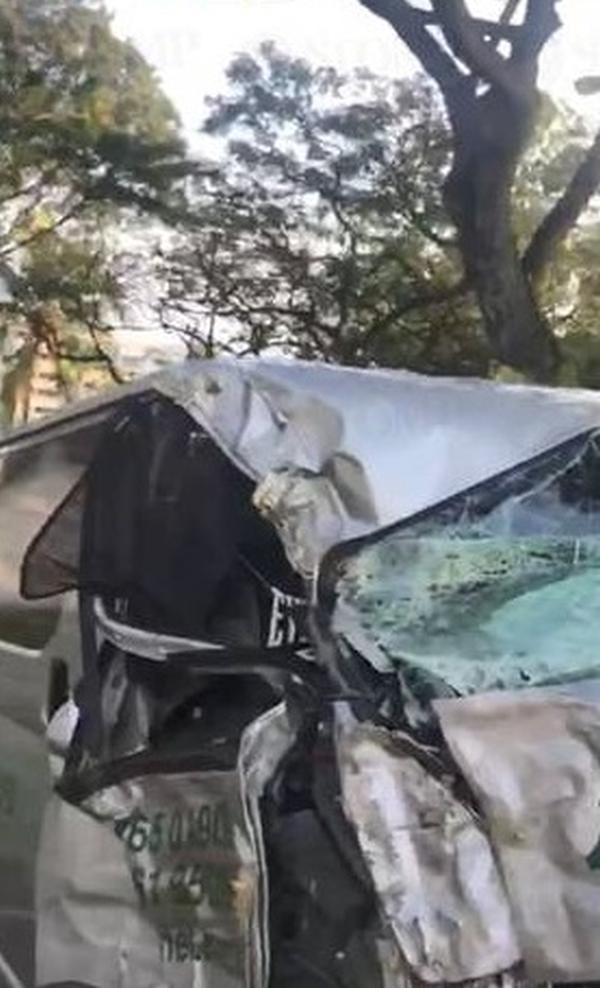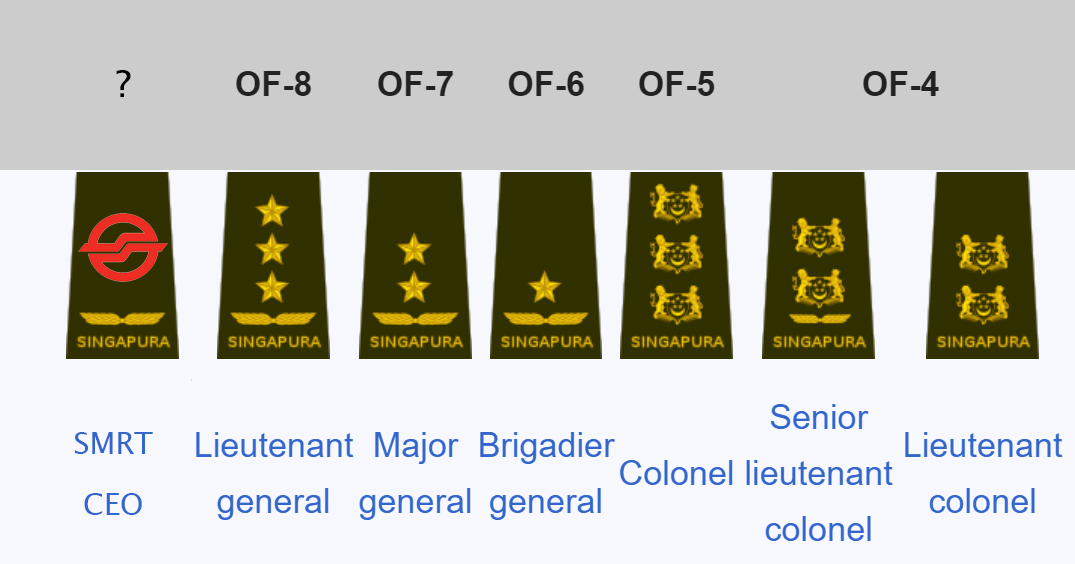A staff nurse at SGH accidentally administered anaesthetic which was 10 times the recommended dosage to an elderly female patient. The patient died two days later. According to the examining forensic pathologist, the cause of death was blood poisoning and multiple-organ failures attributed to end-stage renal failure. Although the mental state of the patient had deteriorated, she did not show any signs of seizures that typically arise from such overdoses. Based on expert reports, the Coroner ruled out the anaesthetic overdose as a possible cause of death.
The staff nurse claimed that she had erroneously entered the dosage as she was unfamiliar with the pump machine. Instead of keying in 4.17ml/hr, she keyed in 41.7 ml/hr. She was also confused over the formats that she could have selected. The pump provides users the ability to choose between dosage and rate options.
It was unfortunate that this happened. It was a mistake that could have been made by anyone in the hospital, from junior nurses to staff nurses to even doctors themselves. Nevertheless, this is a weakness in the system that can be plugged.
The Ministry of Health needs to re-look the evaluation and certification of every healthcare worker, especially those in the frontline. Lives are at risk and any small mistake can result in devastatingly disproportionate consequences. Both doctors and nurses undergo rigorous training and evaluation before they are allowed to carry out their duties. Those who do no pass, don't make it through.
While it is important to emphasise checking and counter-checking, it is vitally important to that they are equipped with the right knowledge in the first place. Otherwise, they may not even know that there was a mistake in the first place. Two wrongs still don't make a right.
This gap in training on new equipment need to be addressed. A staff nurse who is a relatively more senior nurse may not automatically know how to operate each and every new equipment that come their way.
There must be formal training in place to ensure that the nurses and doctors possess the sufficient knowledge to use such new equipment. They can be certified once they pass. On-the-job training must be supplementary and as used as a reinforcement training tool, not the only platform through which they can familiarise themselves with the equipment.
The public puts its trust in the healthcare workers. Don't make us lose our trust.
The writer, Kelvin, has trust issues.

